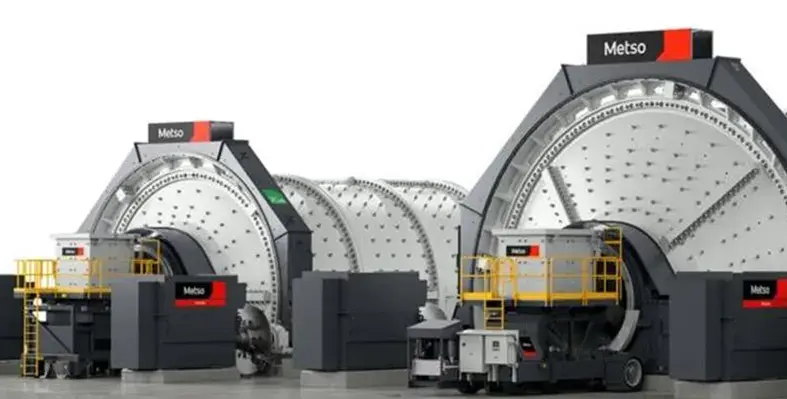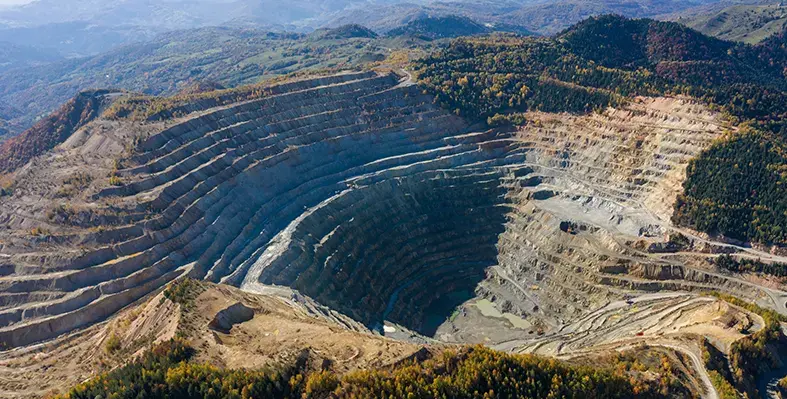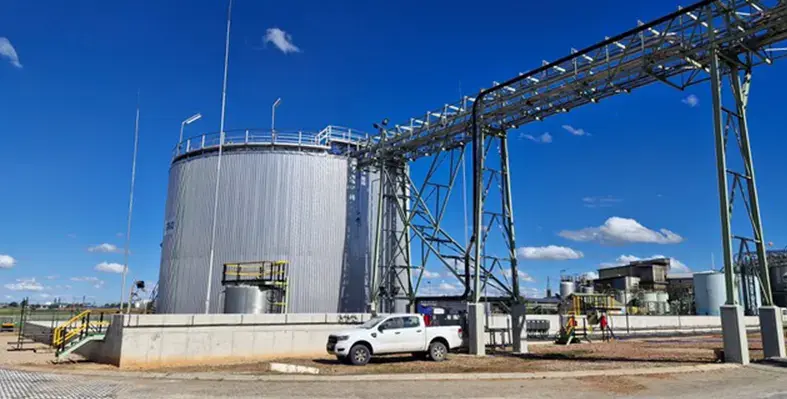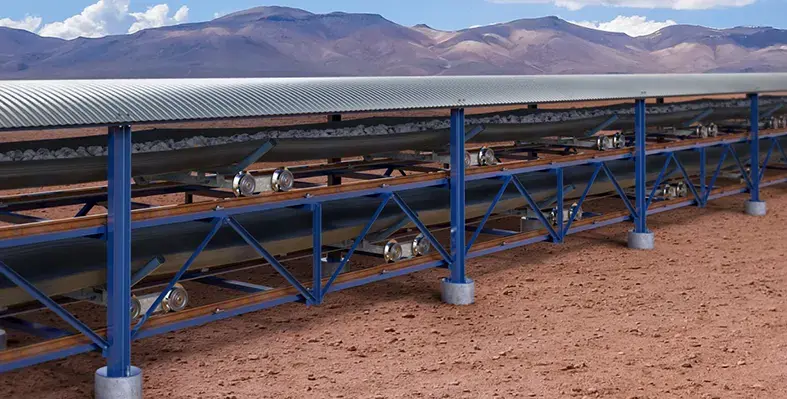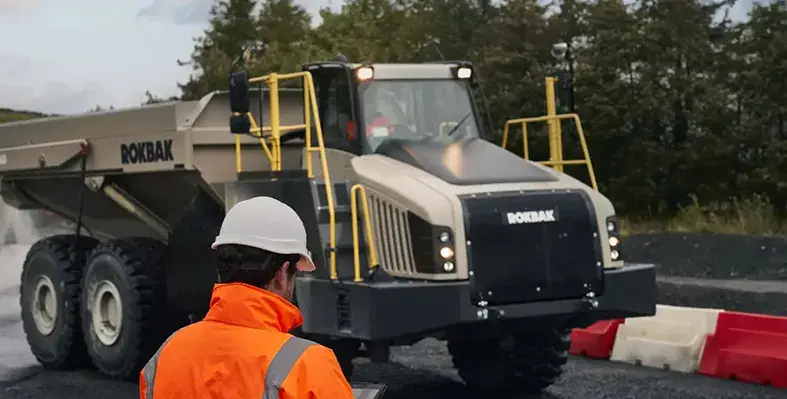
Moore’s strategies prove Haul Track transforms efficient, sustainable mining operations. (Image source: Rokbak)
In the high-pressure world of mining, quarrying, and construction, fuel efficiency is a make-or-break factor for both profitability and environmental impact.
Garry Moore, a veteran customer support manager at Rokbak, a Scottish manufacturer of articulated dump trucks (ADTs), has spent nearly 20 years refining strategies to optimise heavy equipment performance.
Here, Moore unveils seven expert tips for harnessing Rokbak’s Haul Track telematics system to slash fuel expenses, curb carbon emissions, and boost site productivity.
Here are seven ways to achieve it
1. Keep engines in top shape for fuel savings
A neglected engine burns more fuel and pumps out excess emissions. Haul Track’s real-time diagnostics alert managers to issues like blocked filters or suboptimal fuel systems, enabling quick fixes. By acting on these email notifications, operators ensure ADTs run lean, saving fuel and reducing environmental harm.
2. Spot and fix delays with idling insights
Trucks idling in queues waste fuel and stall progress. Using Haul Track’s GPS and idle-time tracking, managers can identify bottlenecks where ADTs wait for loaders. Moore suggests rebalancing fleet setups—adjusting loader or hauler sizes—to keep operations moving, cutting fuel use and CO2 output while ramping up efficiency.
3. Maximise loads with precision weighing
Half-empty trucks force extra trips, inflating fuel costs and equipment wear. Rokbak’s On-Board Weigh, synced with Haul Track, provides live load data, empowering operators to fill trucks to capacity every time. This approach boosts output, conserves fuel, and keeps production targets on track.
4. Redesign sites for shorter, smarter routes
Inefficient haul roads and traffic snarls sap fuel economy. Haul Track’s movement tracking, combined with fuel and idle reports, works across all equipment brands to highlight trouble spots. By streamlining routes and easing congestion, managers can trim fuel bills, lower emissions, and extend machine life.
5. Coach operators for smoother driving
Aggressive driving habits, like rapid acceleration or sudden stops, can inflate fuel consumption. Haul Track’s fuel usage comparisons reveal when specific trucks burn more than peers on similar tasks. Moore advocates using these insights for constructive training, helping drivers adopt smoother techniques to save fuel.
6. Protect tyres, save fuel
Underinflated tyres increase drag, forcing engines to work harder and wear out faster. Haul Track’s real-time tyre pressure monitoring catches issues early, allowing quick corrections. Proper inflation optimises fuel use, prolongs tyre durability, and enhances site safety.
7. Drive progress with clear performance goals
Haul Track’s robust data lets managers set fuel efficiency targets and monitor results over time. By analyzing trends and sharing feedback, teams stay motivated to improve. This data-driven approach fosters smarter decisions and a culture of continuous progress.
Moore’s strategies show that Haul Track is more than a data tool. It is a game-changer for cost-conscious, eco-aware operations. With these seven tactics, site leaders and operators can transform insights into action, driving down costs and emissions while keeping their sites running at peak performance.
Also read: HMD and Rokbak flexible financing solutions making an impact in West Africa








